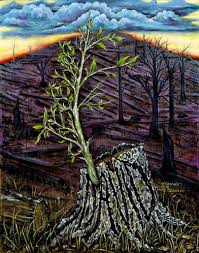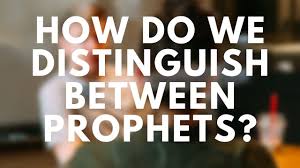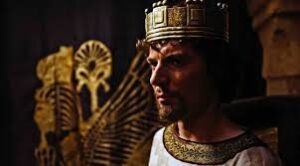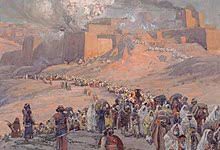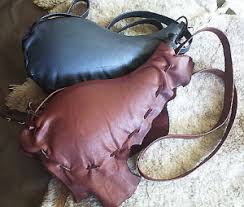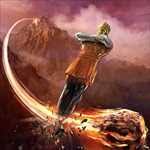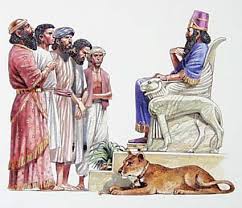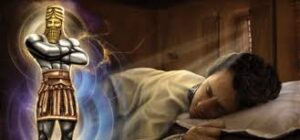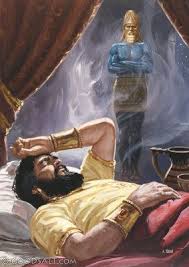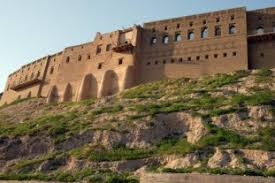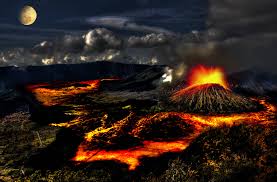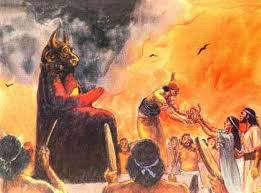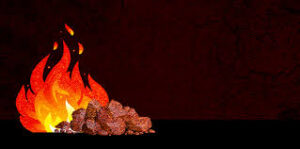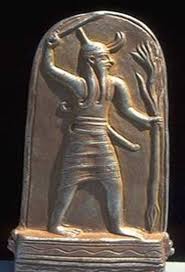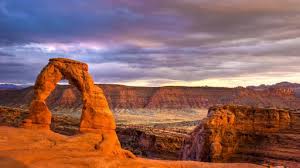Ec – Concerning the False Prophets 23: 9-40
Concerning the False Prophets
23: 9-40
597 BC during the eleven-year reign of Zedekiah

Jeremiah now turns to the false prophets, his antagonists during his entire prophetic ministry. The adulterous state of the nation was a result of these false prophets. Having given a positive picture of the Righteous Branch in 23:1-8, the prophet now returns to a negative message. Throughout the scroll, there is a constant pattern of sin and judgment. It was a message that he was called to bring, but did not enjoy doing. Again it was tearing him up as it did before. Finally, we learn of Jeremiah’s burden of his prophetic office.
A summary of the false prophets: first, they were never sent by God (23:32b); second, they used God’s name without His authority, not having stood in the Counsel of ADONAI (23:18-23); third, they had low moral character (23:14-15); fourth, they spread false hopes and promises among the people (23:16-17); and fifth, the origin of their false prophecies came from their own minds (23:31), their own dreams (23:25-29) and other false prophets (23:30).
Jeremiah stood in striking contrast to those false prophets. He was sent and appointed by God (to see link click Aj – The Call of Jeremiah) and used God’s name with authority. He was a man of high moral integrity. He preached judgment. He stood in the council of ADONAI. And He depended upon nothing but direct revelation from YHVH Himself.
But the prophet from Anathoth lived in the midst of false prophets who purported to know God’s will. In that dispute, the test of a true prophet could be found in the TaNaKh (Deuteronomy 18:15-22 CJB). The problem was that Jeremiah prophesied about the near historical events that took decades to come to pass. In the interim, it was not clear who was telling the truth and who was in fact God’s mouthpiece. Yirmeyahu, against the other false prophets, announced the fall of the Temple, Jerusalem and Judah. The false prophets, however, tried in various ways to soften the massive judgment that he anticipated. But history would record that Jeremiah alone had indeed stood in the council of the LORD.



